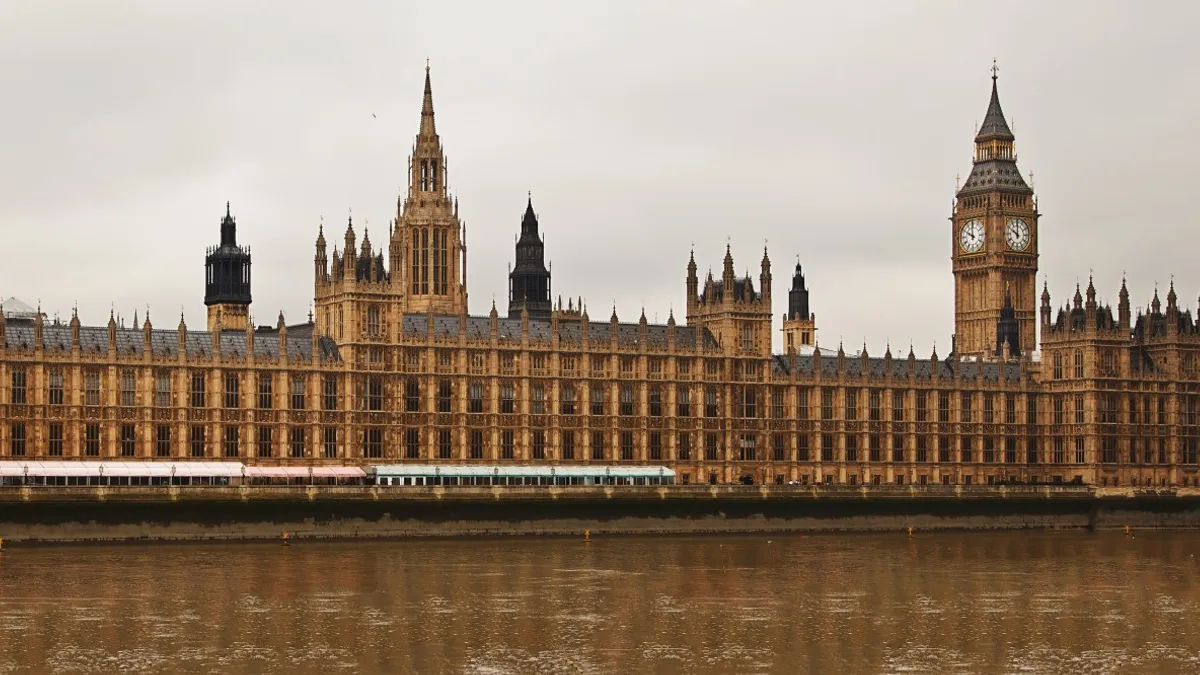Dive Brief:
-
The U.K. has put out for bidding a £25 million ($30 million) contract for "express freight capability" to help maintain the supply of medical devices and therapies in the event of a no-deal Brexit. No-deal Brexit refers to a situation in which the U.K. leaves the EU on Oct. 31 without a deal providing for any transition period.
-
Through the contract, the government hopes to gain the ability to ship small parcels into the U.K. on a 24-hour basis and transit larger pallets within four days.
-
The publication of the contract comes as the government, led by new Prime Minister Boris Johnson, is stepping up its preparations for a no-deal Brexit and downplaying the risks.
Dive Insight:
The contract and solicitation for bidders primarily centers on a request for fast, low-volume shipping. The purpose is to enable the government to move devices and drugs into the U.K. within one working day, thereby ensuring critical products reach patients even if the traditional routes into the country become clogged as a result of customs checks and other issues created by Brexit.
With the U.K. set to leave the EU without a deal on Oct. 31 unless something changes, the creation of the supply service faces time pressures. The government hopes to award the contract next month and have the service fully operational by Oct. 24, giving it a week to test the supply route before it may need to use it to get critical products to patients.
The contract was welcomed by parts of the U.K. life sciences sector with caveats. Mike Thompson, chief executive of U.K. pharma trade group ABPI, said in a statement that companies want to see "detail of how this extra freight capacity will work in practice."
That comment is in line with the response to other aspects of the government’s no-deal preparation. Earlier this month, the government promised an extra £434 million to "help ensure continuity of vital medicines and medical products" but failed to flesh out how the money would be spent.
The contract also features smaller lots covering the shipment of up to 200 pallets and the transport of sensitive materials, such as temperature-controlled products and radioactive isotopes.
The government does not have a preferred method for how a shipper gets the products into the country, stating that the winning bidder may use "any mode of transport, subject to these being compatible with the transit timescale requirements, conditions of carriage and the effective mitigation of foreseeable disruption to services."
In practice, that will mean the contract is unlikely to cover the main routes into the U.K., such as the passage between Dover and Calais. Rather, the shipper will use a route less likely to be blocked in the fallout from a no-deal Brexit, such as air travel.
While the U.K. government is arranging the transport, the companies that use the shipping service will bear most of the costs. The government will cover around 15% of the cost of the contract.
The £434 million is part of a broader step up in preparations for a no-deal Brexit. Under the previous Prime Minister, Theresa May, the rhetoric of "no deal is better than a bad deal" wilted when the U.K. actually faced the prospect of a hard split from the EU. May’s successor, Johnson, was a key member of the group that campaigned to leave the EU ahead of the 2016 referendum.
Johnson’s position is that the U.K. will leave the EU on Oct. 31 "do or die, come what may." That has manifested in changes since he took office.
The actions paint the picture of a government that is, or at least wants to appear to be, willing to take the U.K. out of the EU without a deal, despite strong opposition from the life sciences sector and other industries.










